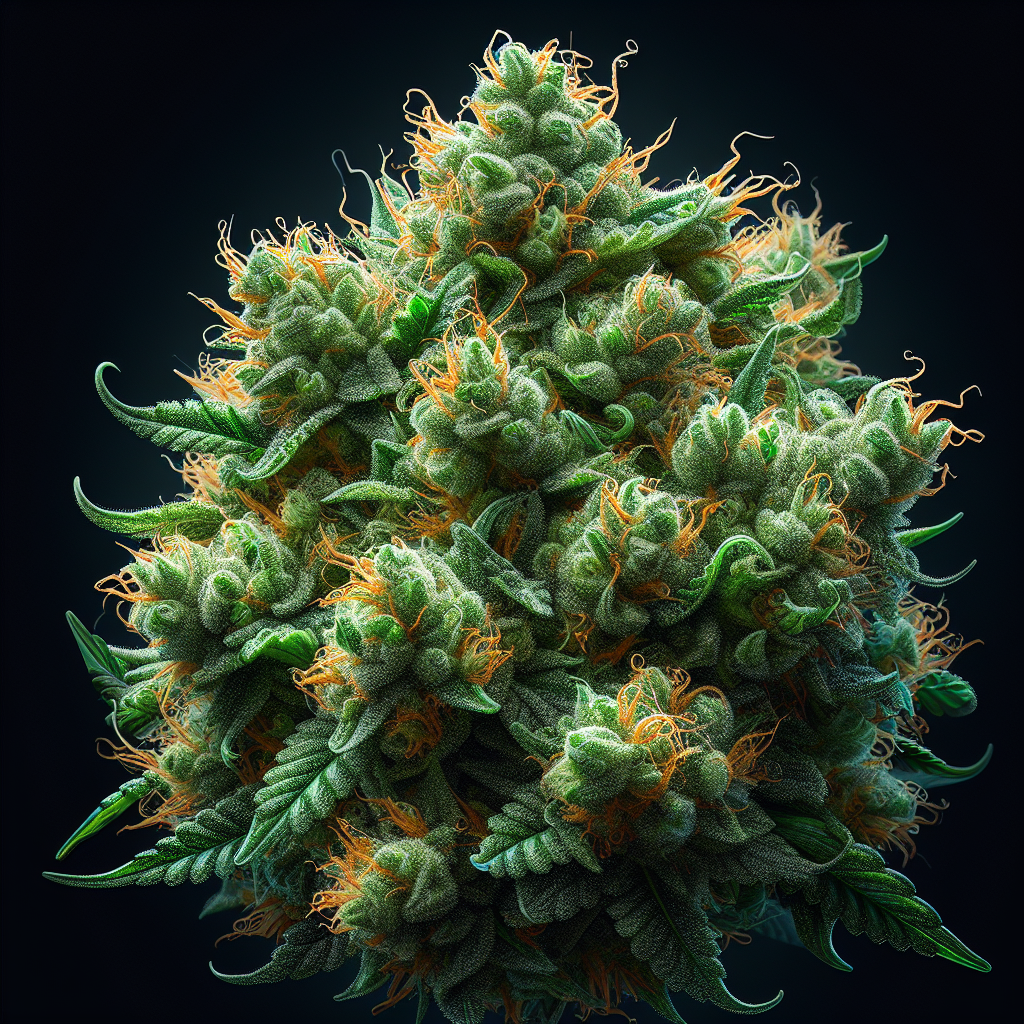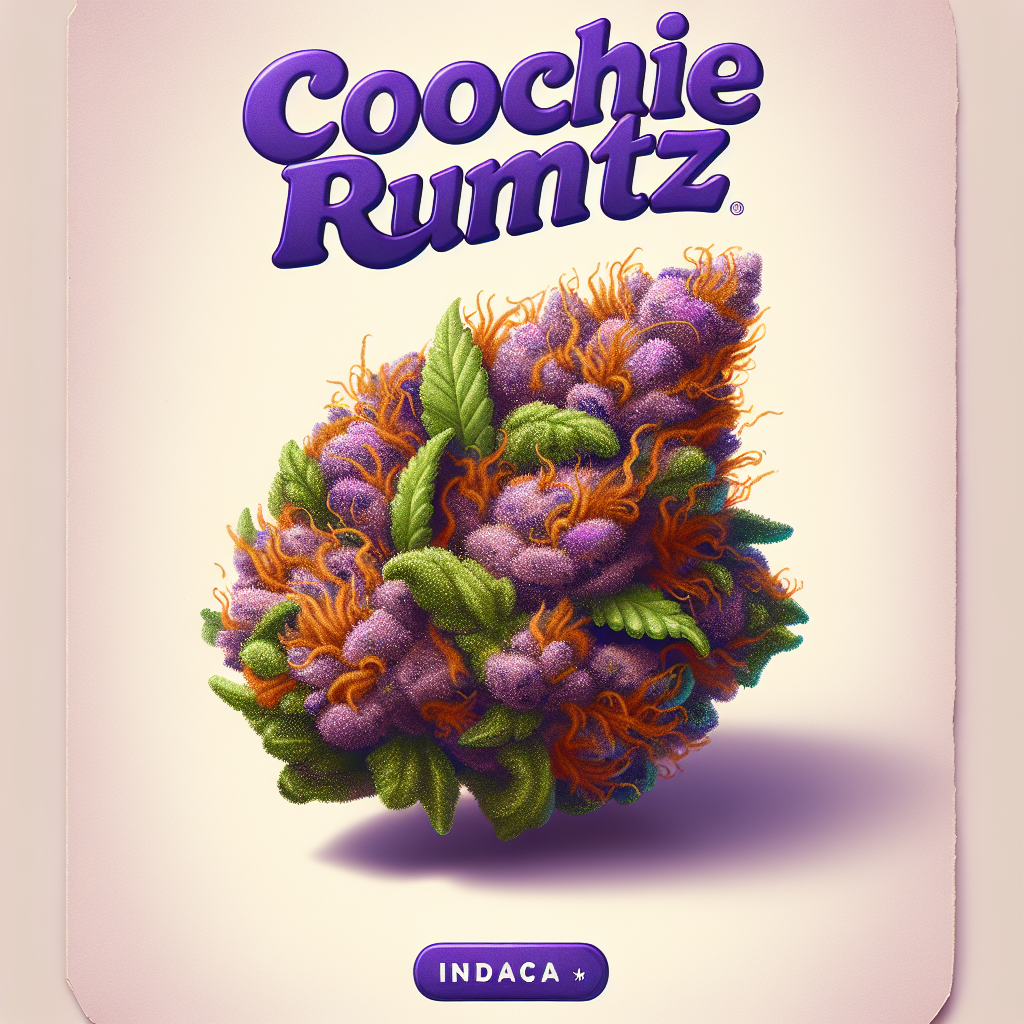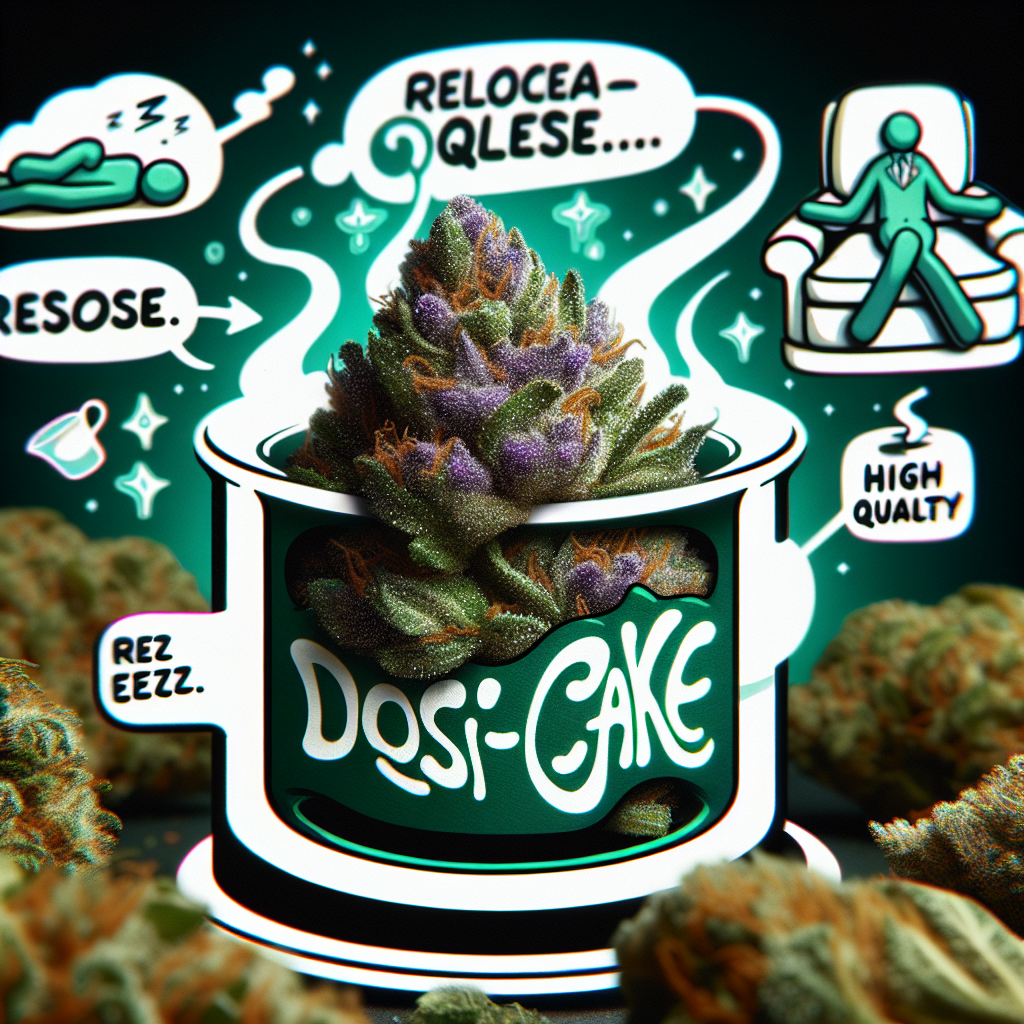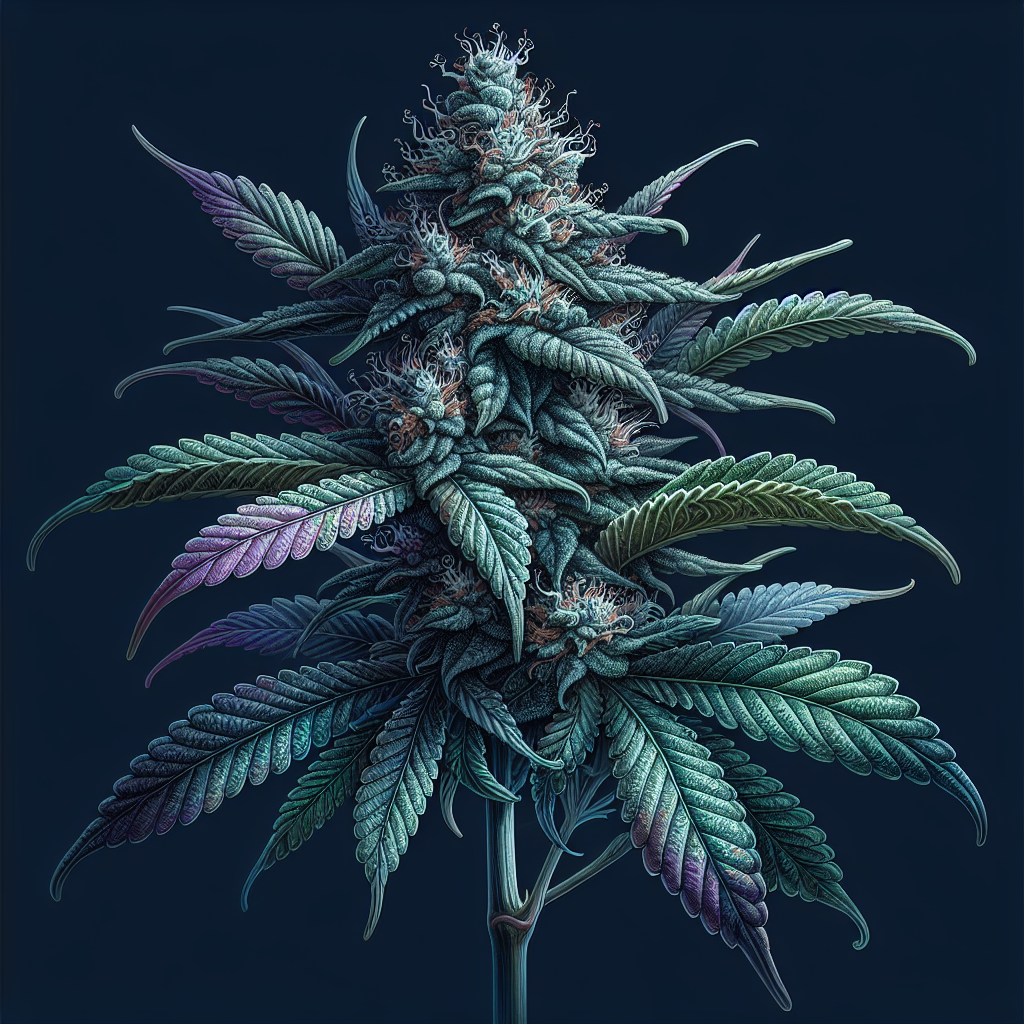Cannabis and Calm: Unpacking the Mental Health Benefits for Anxiety Relief
Introduction
In recent years, the conversation surrounding cannabis has shifted significantly. Once stigmatised and relegated to the shadows of society, this versatile plant is now being celebrated for its potential therapeutic benefits, particularly in the realm of mental health. Among these benefits, cannabis has gained recognition for its ability to help alleviate anxiety, a condition that affects millions of people worldwide. As mental health awareness continues to grow, it’s essential to explore and understand the various ways cannabis can promote calm and mental well-being.
This pillar post aims to unpack the relationship between cannabis and anxiety relief, examining the science, the various strains and compounds involved, and the broader implications for mental health. We’ll also address some commonly asked questions to provide a well-rounded perspective on this vital topic.
Understanding Anxiety
Before diving into the benefits of cannabis, it’s important to understand what anxiety is. Anxiety disorders, which include generalized anxiety disorder (GAD), social anxiety disorder, panic disorder, and others, are characterized by excessive and persistent worry, fear, and unease. Symptoms can range from restlessness and fatigue to physical manifestations like a racing heart or sweating.
Anxiety can significantly impact daily life, making it challenging to engage in social activities, maintain employment, or nurture relationships. Traditional methods of treatment often involve psychotherapy and medication, but many individuals seek alternative therapies due to side effects or ineffective results. This is where cannabis enters the conversation.
The Science Behind Cannabis and Anxiety Relief
Cannabis contains over 100 chemical compounds known as cannabinoids, with the most well-known being tetrahydrocannabinol (THC) and cannabidiol (CBD). Both of these cannabinoids interact with the body’s endocannabinoid system (ECS), which plays a crucial role in regulating mood, sleep, pain, and overall well-being.
1. Tetrahydrocannabinol (THC)
THC is the psychoactive compound in cannabis responsible for producing the "high" associated with marijuana use. While THC can induce euphoria and relaxation, it can also increase anxiety in some users, especially when consumed in high doses. However, when used carefully, THC can help reduce anxiety by alleviating stress and promoting relaxation, contributing to a sense of calm.
2. Cannabidiol (CBD)
CBD, on the other hand, is non-psychoactive and has garnered significant attention for its potential therapeutic benefits. Numerous studies have indicated that CBD may help reduce anxiety symptoms without the high associated with THC. CBD interacts with serotonin receptors in the brain—serotonin being a key neurotransmitter involved in mood regulation. This interaction may explain why many users report feeling an overall sense of calm and well-being after consuming CBD.
Strains of Cannabis Beneficial for Anxiety Relief
Not all cannabis is created equal. Different strains provide unique effects, and choosing the right one can make a significant difference in managing anxiety.
1. Indica Strains
Indica strains are generally known for their relaxing and sedative effects. They are often recommended for evening use or for individuals looking to unwind after a long day. Some popular indica strains for anxiety relief include:
- Granddaddy Purple: Known for its calming effects, this strain can help reduce anxiety while providing relief from physical pain.
- Bubba Kush: This strain is helpful for tension relief and promoting a restful state.
2. Sativa Strains
While sativa strains are often associated with energy and creativity, some can also help alleviate anxiety, especially when they are well-balanced. Some potential sativa strains that may offer anxiety relief include:
- Jack Herer: This strain may help uplift mood and enhance focus, making it suitable for social situations where anxiety tends to creep in.
- Green Crack: This sativa-dominant strain can provide a burst of energy, helping users to break free from anxiety by encouraging engagement in activities.
3. Hybrid Strains
Hybrid strains incorporate both indica and sativa elements, often allowing users to experience the best of both worlds. Some effective hybrid strains might include:
- Blue Dream: This popular hybrid is known for its balanced effects; providing relaxation without an overwhelming sedative feel, making it suitable for anxiety relief during the day.
- Girl Scout Cookies: A fan-favorite hybrid known for its uplifting qualities coupled with relaxation, helping to alleviate anxiety while managing stress.
Other Cannabinoids and Compounds for Anxiety Relief
Beyond THC and CBD, other cannabinoids and terpenes in cannabis can play vital roles in promoting anxiety relief.
1. Cannabinol (CBN)
CBN is another compound that may offer potential benefits for anxiety. Though research is limited, anecdotal evidence suggests that CBN can promote a calming effect, making it a valuable addition for those seeking stress relief.
2. Terpenes
Terpenes are fragrant compounds found in cannabis and other plants that contribute to their aroma and potential therapeutic effects. Some noteworthy terpenes for anxiety relief include:
- Linalool: Known for its lavender-like scent, linalool is believed to have calming properties and can help reduce anxiety and stress.
- Myrcene: This terpene has sedative effects and can promote relaxation, making it a common presence in many indica strains.
Modes of Consumption
How cannabis is consumed can significantly affect its impact on anxiety. Here are some common methods:
1. Smoking or Vaping
Smoking or vaporizing cannabis remains one of the fastest methods of delivery. Effects can be felt almost immediately, allowing users to gauge their anxiety levels and adjust the dose accordingly.
2. Edibles
Cannabis-infused edibles can provide longer-lasting effects but take longer to set in—typically between 30 minutes to 2 hours. For some, this delay may lead to the temptation to consume more, which can result in unwanted anxiety. Therefore, it’s crucial to start with a low dose and wait before consuming additional edibles.
3. Tinctures and Oils
Cannabis tinctures and oils offer a discreet and convenient method of consumption. They can be placed under the tongue for quick absorption or added to food or drink.
4. Topicals
While topicals are primarily used for localized relief, certain infused creams and balms can bring a sense of calm and soothing relief to the areas of tension or stress on the body. While they won’t provide the same psychoactive effects, they can enhance the overall relaxation experience.
Personalized Approach to Cannabis Use for Anxiety
Everyone’s body responds differently to cannabis, making it vital for individuals to find what works best for them. Here are a few tips for a personalized approach:
1. Start Low and Go Slow
Especially for those who are new to cannabis or who are unsure about the right strain, starting with a low dose and gradually increasing it is essential. This will help one understand their individual tolerance and response profiles.
2. Keep a Journal
Keeping a journal of strains, dosages, and resulting effects can be beneficial in determining what works best over time. This practice assists in identifying patterns and preferences as you learn about your body’s reactions to different cannabinoids and terpenes.
3. Consult with Professionals
For those interested in using cannabis for anxiety relief, consulting with a healthcare professional or cannabis specialist can provide tailored recommendations. They can help you navigate strains and methods that suit your specific needs.
The Social and Stigmatic Shifts
As cannabis legalization spreads across various regions, the stigma surrounding its use is gradually diminishing. This shift allows more individuals to communicate openly about their experiences and seek support without fear of judgment. Promoting cannabis as a legitimate option for stress and anxiety relief can empower those suffering, offering them a natural alternative to traditional pharmaceuticals.
Conclusion
The journey to understanding cannabis and its role in anxiety relief is ongoing. With growing research and personal testimonies spotlighting the mental health benefits of this plant, those navigating the complexities of anxiety have more tools at their disposal than ever before. Whether through THC’s uplifting effects, CBD’s calming properties, or the synergistic power of various strains and compounds, cannabis is proving to be a friend in the quest for mental peace.
As we continue to unpack its benefits and mitigate stigma, it’s vital to approach cannabis use for anxiety proactively, responsibly, and informed. For those seeking calm amidst chaos, cannabis may just be the ally they need.
FAQ Roundup
Q1: Can cannabis help with anxiety?
A: Yes, many users report that cannabis helps alleviate anxiety symptoms. It is essential to choose the right strains and doses, as the response may vary among individuals.
Q2: What is the difference between THC and CBD in managing anxiety?
A: THC is psychoactive and can promote relaxation, while CBD is non-psychoactive and has been shown to reduce anxiety without producing a high. Both cannabinoids can be beneficial, depending on personal preferences and needs.
Q3: Are there specific strains of cannabis that are best for anxiety relief?
A: Yes, indica strains are typically recommended for relaxation, while certain sativa and hybrid strains can also be effective. Some popular strains include Granddaddy Purple, Jack Herer, and Blue Dream.
Q4: How can I consume cannabis for anxiety relief?
A: Consumption methods vary, including smoking, vaping, edibles, tinctures, and topicals. Each method has its unique onset time and duration of effects, so it’s essential to find what works best for you.
Q5: Is there a risk of increased anxiety with cannabis use?
A: In some cases, particularly with high doses of THC or certain strains, individuals may experience increased anxiety. It’s crucial to start with a low dose and observe how your body responds.
Q6: Should I consult a doctor before using cannabis for anxiety?
A: Yes, consulting with a healthcare professional, particularly one knowledgeable about cannabis, can help you navigate strains and dosages a suitable for your needs.
Q7: Is cannabis legal for treating anxiety in all places?
A: Cannabis legality varies by country and state. It’s important to be aware of local laws regarding cannabis use for medical or recreational purposes.
Q8: Can I use cannabis alongside traditional anxiety medications?
A: If you are taking prescription medications for anxiety, it’s important to consult with your healthcare provider before incorporating cannabis to avoid potential interactions.
Q9: How can I safely store cannabis products?
A: Cannabis products should be stored in a cool, dark place in airtight containers to maintain their potency and freshness.
Q10: Are there any side effects of using cannabis for anxiety?
A: Some users may experience dry mouth, fatigue, or altered mental state. It’s essential to start slow and monitor your body’s response to prevent negative effects.
By nurturing a positive environment around cannabis and mental health, we can contribute to a future where users find solace, healing, and calm amidst the chaos of anxiety.




